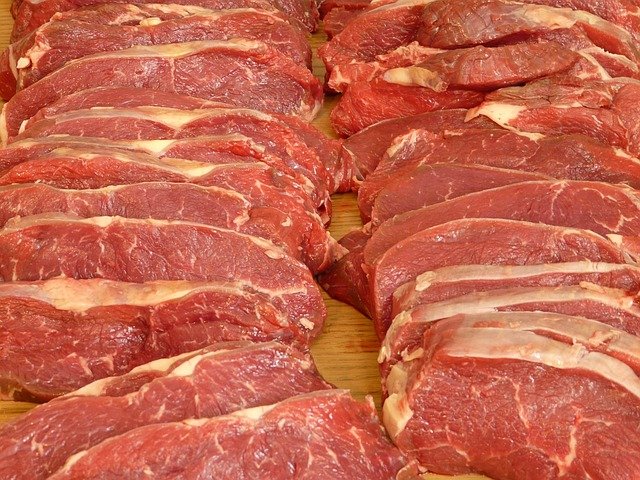
-
All Bureau of Customs collection districts are required to submit daily reports of meat and poultry importations for monitoring
-
In place is a mandatory x-ray inspection for all reefer containers before their transfer from ports to Department of Agriculture-accredited cold storage facilities
-
The Electronic Tracking of Containerized Cargoes system foiled several attempts of unscrupulous importers to divert shipment delivery to avoid inspection by DA officers
The Bureau of Customs (BOC) is keeping a tight watch over pork and chicken imports through a series of measures, including subjecting all reefer containers to mandatory x-ray inspection before their transfer from ports to Department of Agriculture (DA)-accredited cold storage facilities, the bureau said in a statement.
Via a February 9 memo, the BOC is also requiring all collection districts to submit daily reports of meat and poultry imports for monitoring.
In addition, the Electronic Tracking of Containerized Cargoes (E-TRACC) system has foiled attempts of unscrupulous importers to divert shipment delivery to avoid inspection by DA officers. Implemented in May 2020, E-TRACC is a web-based system that tracks the inland movement of containerized cargoes during transit and transfer to other customs territories and facilities.
The BOC has likewise revoked the accreditation and filed criminal cases before the Department of Justice against importers and customs brokers for alleged smuggling of meat and agricultural products. This is on top of administrative investigations being conducted against BOC officials and personnel allegedly involved in illegal activities.
The measures are in compliance with a recent order by Finance Secretary Carlos Dominguez III to closely monitor specifically pork shipments misdeclared or misclassified by importers amid the current supply shortfall and retail price spiral.
Dominguez issued the order after President Rodrigo Duterte approved in principle the recommendation of DA to expand the minimum access volume (MAV) allocation for pork imports.
READ: BOC ordered to guard vs pork smuggling
The MAV refers to the volume of quantity of a specific agricultural commodity that may be imported with a lower tariff.
Aimed at boosting pork imports, the DA said the expansion of the MAV will help offset soaring pork prices amid the outbreak of the African Swine Fever (ASF) in the country, which has significantly reduced the pork output of local producers and jacked up market prices.
Dominguez told Customs commissioner Rey Leonardo Guerrero to watch out for traders possibly misclassifying pork imports once the new MAV allocations and tariff rates are approved by the President.
The current tariff on pork within the MAV is at 30%, while off-quota imports are taxed a higher 40%.
The Tariff Commission has recommended a lower tariff rate on pork imports, which should come from ASF-free countries, within the MAV.
The National Economic and Development Authority Board Committee on Tariff and Related Matters has also endorsed the proposed increase of MAV for pork and the temporary decrease in the most favored nation tariff rates of pork and rice, subject to investigation by the TC.
The Philippine Association of Meat Processors, Inc. earlier suggested zero tariff on an emergency basis for pork imports to help stabilize prices.
Samahang Industriya ng Agrikultura executive director Jayson Cainglet, however, said reducing tariff on pork imports would only help importers, not local hog growers.
Guerrero assured Dominguez BOC is closely monitoring the imports of meat products, including pork and chicken.
BOC is a member of the recently created economic intelligence task group tasked to go after smugglers, profiteers and hoarders of agricultural products.
The ASF, which first broke out in the country in 2019, has disrupted the operations of hog growers in Luzon, prompting the need for supply to be shipped in from Visayas and Mindanao.




